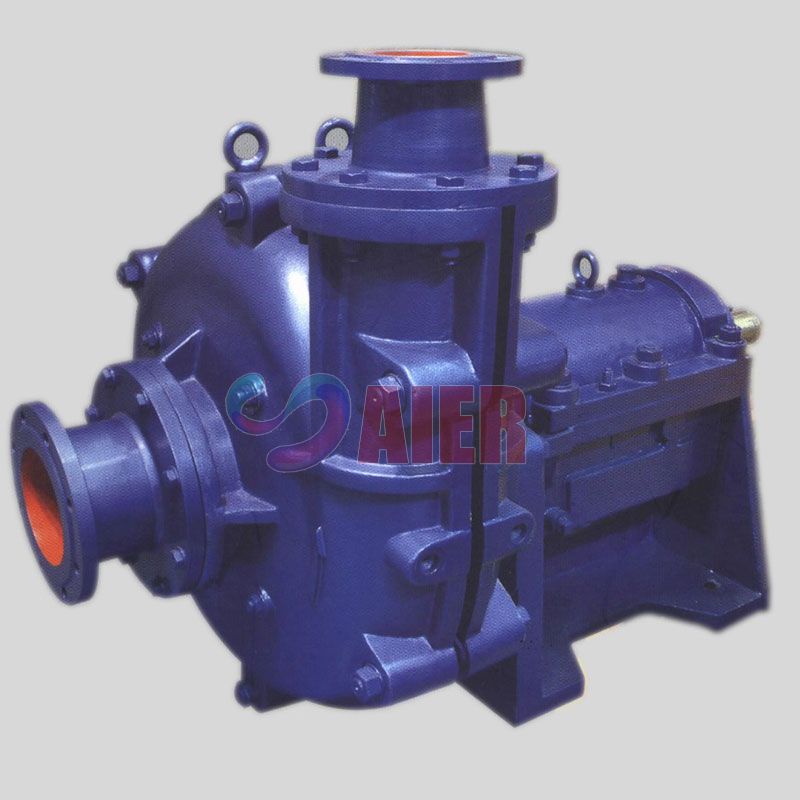Aug . 20, 2024 00:25 Back to list
Electric Sewage Pump Providers for Efficient Wastewater Management Solutions
The Role of Electric Sewage Pumps and Choosing the Right Supplier
Electric sewage pumps play a critical role in modern sanitation systems, particularly in both residential and industrial settings. They are designed to efficiently transport sewage and wastewater from lower to higher elevation areas, enabling proper drainage and treatment. With increasing urbanization and the need for effective waste management solutions, the demand for reliable electric sewage pumps continues to grow. Consequently, the choice of a reputable supplier is paramount for ensuring quality and reliability.
Understanding Electric Sewage Pumps
Electric sewage pumps are submersible devices that function by utilizing an electric motor to propel sewage through pipes. These pumps can handle solids and liquids, making them ideal for a variety of applications, including wastewater treatment plants, commercial buildings, and septic systems. The main features that set these pumps apart include their ability to operate underwater, their durability against corrosive materials, and their efficiency in moving large volumes of waste.
One of the primary advantages of electric sewage pumps is their energy efficiency. With advancements in technology, modern electric pumps are designed to consume less power while maintaining high performance. This not only reduces operational costs but also minimizes the environmental impact, making them a sustainable choice for waste management.
Importance of Quality and Reliability
When it comes to sewage management, reliability is non-negotiable. A malfunctioning sewage pump can lead to severe consequences, including flooding, health hazards, and significant repair expenses. Therefore, partnering with a reliable electric sewage pump supplier is crucial. A good supplier guarantees that the equipment meets industry standards for safety and performance.
Reputable suppliers typically offer pumps made from high-quality materials that can withstand the harsh conditions of sewage transport. This includes resistance to abrasion, corrosion, and clogging from solid waste. In addition to quality products, a reliable supplier should provide excellent customer service, technical support, and warranty options to ensure that clients receive the best solutions for their needs.
electric sewage pump supplier

Key Factors to Consider When Choosing a Supplier
1. Reputation and Experience Research the supplier's history and reputation within the industry. Look for reviews and testimonials from previous customers to gauge their satisfaction with the products and services received.
2. Product Range and Customization A good supplier should offer a variety of electric sewage pumps suitable for different applications. The ability to provide customized solutions based on specific requirements can be a significant advantage.
3. Technical Support and Service Ensure that the supplier offers robust technical support and service options. This includes installation assistance, regular maintenance, and the availability of spare parts.
4. Warranty and After-Sales Support A generous warranty period and strong after-sales support indicate that the supplier stands behind their products and is dedicated to customer satisfaction.
5. Price vs. Value While cost is an important factor, it should not be the sole consideration. Focus on the value offered by the supplier, including the quality of the pumps, customer service, and overall reliability of the service provided.
Conclusion
Electric sewage pumps are an essential component of efficient wastewater management systems. As demand for these systems increases, so does the importance of selecting a trustworthy supplier. By considering factors such as reputation, product quality, customer support, and overall value, businesses and homeowners alike can ensure they are making an informed choice that meets their sewage management needs effectively. In doing so, they not only safeguard their investments but also contribute to sustainable waste management practices.
-
Wholesale Casting Dredge Pump Part - High Quality China Manufacturers & Suppliers
NewsJul.04,2025
-
High Quality Slurry Pump Seals Reliable China Suppliers & Manufacturers
NewsJun.24,2025
-
High Quality Portable Submersible Slurry Pump Supplier & Manufacturer from China
NewsJun.10,2025
-
Slurry Pump Parts Manufacturer – High Quality Rubber Spare Parts from China
NewsJun.10,2025
-
High Quality 1/3 HP Submersible Sump Pump with Vertical - Reliable Supplier & Factory Price
NewsJun.10,2025
-
High-Efficiency Centrifugal Slurry Pumps India
NewsJun.10,2025
